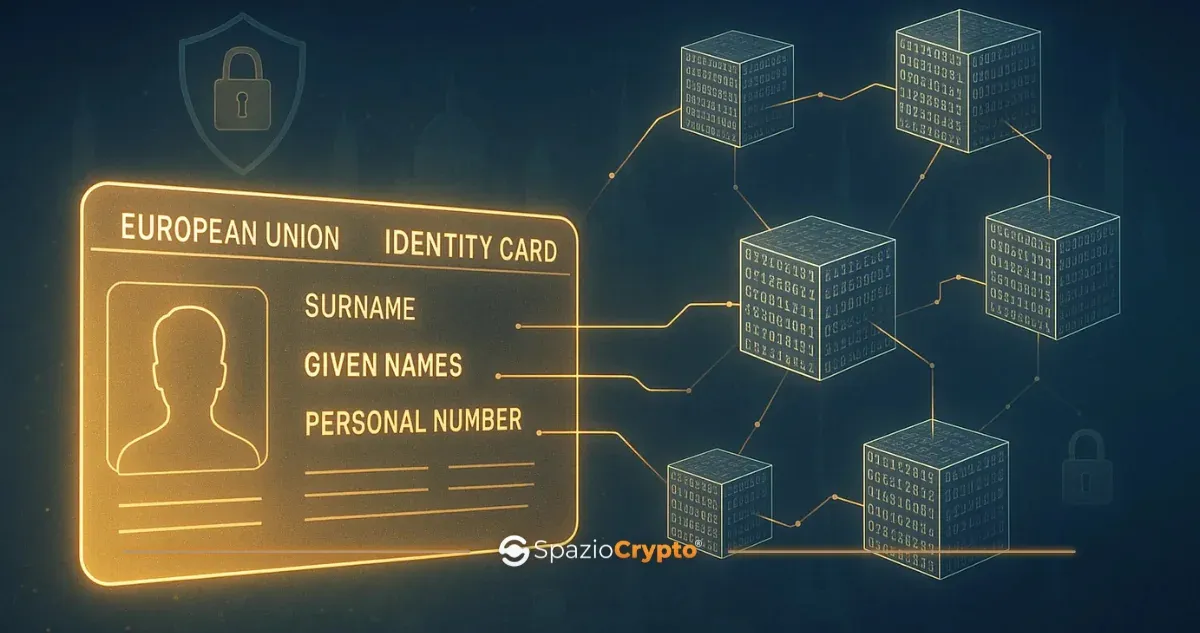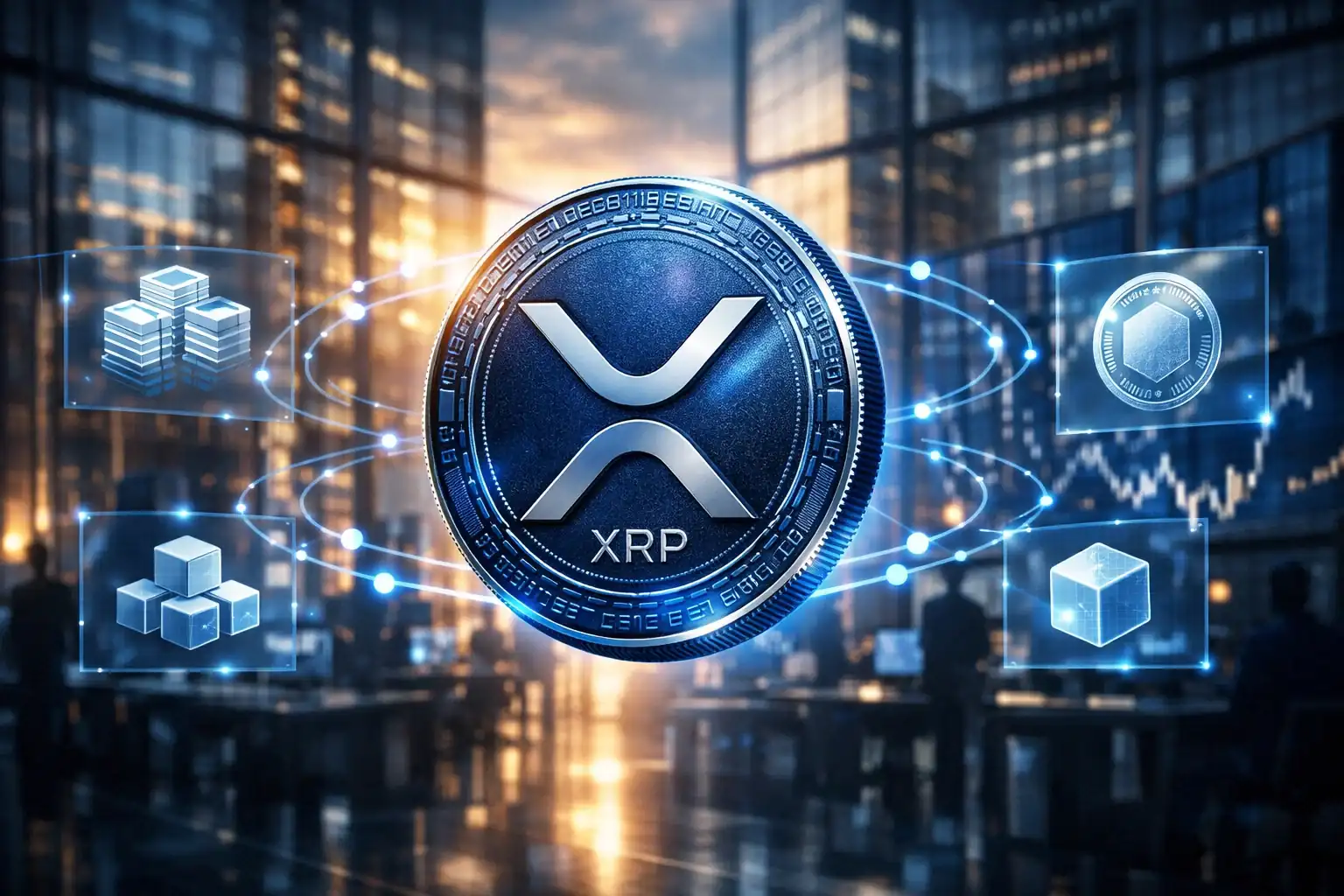PwC Italy and blockchain consultancy SKChain Advisors are leading a major advancement in European digital identity systems.
The European Union is benefiting from their collaboration in the development of a blockchain-based digital identity system that gives users unprecedented control over their personal information. This state-of-the-art product is being developed on Coinbase's Layer 3 network, representing a significant step towards decentralised identity management.
The initiative dovetails perfectly with the European Digital Identity Wallet, a key element of the eIDAS 2.0 regulation for the standardisation of digital identity across EU Member States. A detailed feasibility study was the initial phase of the project, aimed at identifying the best self-sovereign identity (SSI) framework.
After the completion of this first phase, development officially started. The solution serves as an essential interface, providing users with seamless access to both traditional online platforms and the new Web3 ecosystem.
Greater privacy and data security thanks to SSI
Self-Sovereign Identity (SSI) technology is becoming increasingly popular due to its inherent features, which improve data privacy and security compliance, in line with regulations such as the European Crypto-Activity Marketplace Regulation (MiCA).
The digital identity solution enables robust authentication procedures, supports verification operations and maintains secure connections with digital asset services. The system will be a key support for businesses and consumers in adapting to the digital business environment, while complying with current regulations.
Rob Viglione, CEO of Horizon Labs, considers the EU's decision to adopt blockchain for its digital identity system a big step forward, as it supports the principles of self-sovereign identity.
World Mobile Chain is the technology behind the project, with the aim of accelerating the integration of blockchain in European markets. Functioning as a Layer 3 protocol on Base, the system offers the scalability and efficiency required by decentralised applications. Companies will be able to implement blockchain-based identity verification systems that preserve users' privacy.
Viglione emphasised the importance of privacy protection in digital identity systems, saying that users must be assured of both security and privacy. All digital identity systems must use zero-knowledge-proof technologies to keep data usable but invisible.








